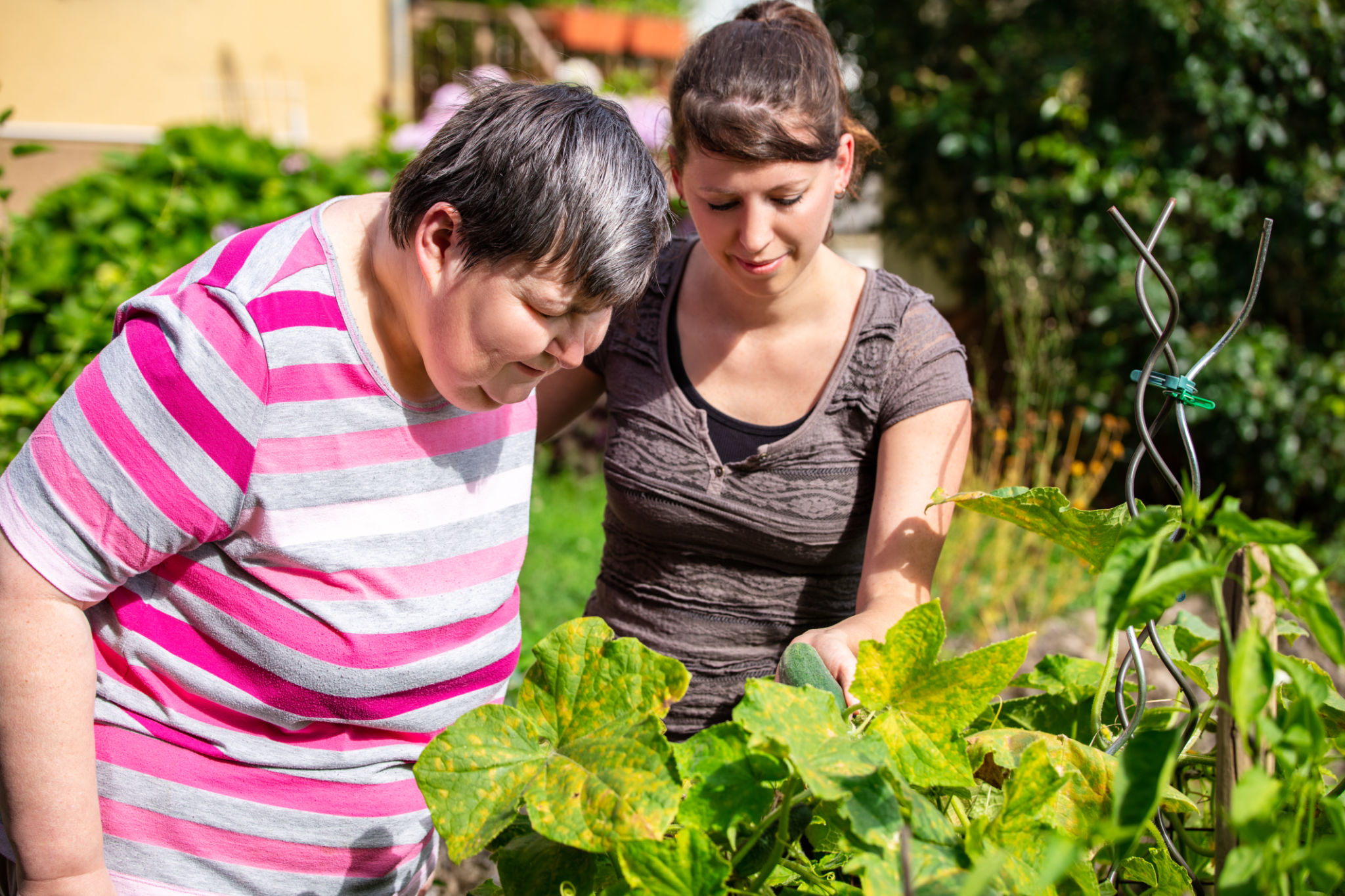Myths and Facts About Gardening for Mental Health Support
The Connection Between Gardening and Mental Health
Gardening is often praised for its numerous benefits, especially when it comes to mental health support. However, there are many myths surrounding its true impact on mental well-being. Understanding the facts can help individuals make informed decisions about incorporating gardening into their self-care routines.

Myth: Gardening is Only Beneficial for Physical Health
While gardening is indeed a great way to stay physically active, its benefits extend far beyond physical health. The calming nature of gardening activities can significantly reduce stress and anxiety levels. Spending time in a garden can foster a sense of peace and mindfulness, helping individuals to focus on the present moment.
This practice can also offer a form of therapy known as horticultural therapy, which uses gardening tasks to promote mental and emotional well-being. Research has shown that participating in gardening activities can lead to reduced symptoms of depression and anxiety, providing a holistic approach to mental health care.
Fact: Gardening Can Improve Mood and Reduce Stress
Engaging with nature through gardening has been proven to elevate mood and decrease stress. This is partly due to the physical activity involved, which releases endorphins, the body's natural mood enhancers. Additionally, sunlight exposure while gardening increases serotonin levels, contributing to improved mood and overall mental health.

Moreover, the act of nurturing plants and witnessing their growth can be incredibly rewarding and fulfilling. This sense of accomplishment contributes positively to self-esteem and emotional resilience.
Myth: You Need a Lot of Space to Benefit from Gardening
A common misconception is that one needs a large outdoor space to enjoy the mental health benefits of gardening. In reality, gardening can be adapted to suit various living situations. Urban gardening, container gardening, and even indoor plant care can provide similar mental health benefits as traditional outdoor gardening.

Small-scale gardening projects can still offer therapeutic benefits, such as reducing stress and promoting relaxation. Even the presence of a few potted plants in your living space can create a calming atmosphere and improve air quality, enhancing your mental well-being.
Fact: Gardening Encourages Social Interaction
Gardening can also foster social connections, which are crucial for mental health support. Community gardens offer opportunities for individuals to collaborate with others, share experiences, and build relationships. These social interactions can help combat feelings of loneliness and isolation, further supporting mental health.
Participating in gardening clubs or online forums can also provide a sense of belonging and community. Sharing tips and successes with fellow gardeners can be an uplifting experience that enhances both social and emotional well-being.
Conclusion
Gardening is much more than just a physical activity; it is a multifaceted hobby that supports mental health in numerous ways. By debunking common myths and understanding the true benefits of gardening, individuals can more effectively harness its power for improving mental well-being.
Whether you have access to a sprawling backyard or a small windowsill, there's no doubt that incorporating some form of gardening into your routine can contribute positively to your mental health journey.